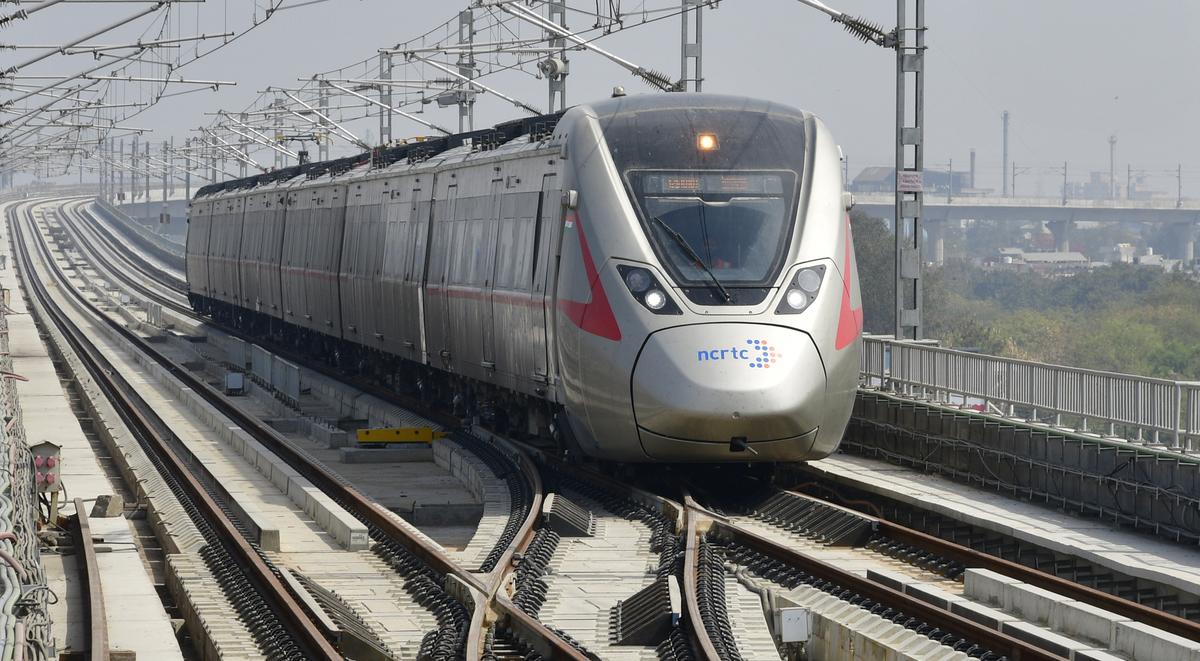- Courses
- GS Full Course 1 Year
- GS Full Course 2 Year
- GS Full Course 3 Year
- GS Full Course Till Selection
- Online Program
- GS Recorded Course
- NCERT (Recorded 500+ Hours)
- Polity Recorded Course
- Geography Recorded Course
- Economy Recorded Course
- AMAC Recorded Course
- Modern India, Post Independence & World History
- Environment Recoded Course
- Governance Recoded Course
- Science & Tech. Recoded Course
- International Relations and Internal Security Recorded Course
- Disaster Management Module Course
- Ethics Recoded Course
- Essay Recoded Course
- Current Affairs Recoded Course
- CSAT
- 5 LAYERED ARJUNA Mentorship
- Public Administration Optional
- ABOUT US
- OUR TOPPERS
- TEST SERIES
- FREE STUDY MATERIAL
- VIDEOS
- CONTACT US
ROLE OF WOMEN ENTREPRENEURS IN MSMEs
ROLE OF WOMEN ENTREPRENEURS IN MSMEs
- According to the Udyam Registration Portal (URP) of the Ministry of Micro, Small & Medium Enterprises (MSMEs), women-owned MSMEs make up 20.5% of the total MSMEs registered since July 1, 2020.
- The Udyam Registration Portal (URP) is a website run by the Ministry of MSME, Government of India. It allows for online registration for Micro, Small, and Medium Enterprises (MSMEs).
- These businesses contribute 18.73% to the employment generated by all Udyam-registered units and 11.15% to the total investment. Their contribution to the total turnover of Udyam-registered MSMEs is 10.22%.
- Data from the Udyam Assist Platform (UAP) shows that women-owned Informal Micro Enterprises (IMEs) account for 70.49% of all IMEs registered since the inception of the Udyam Assist portal on January 11, 2023.
- They provide 70.84% of the employment.
Challenges faced by women entrepreneurs and their solutions
Challenges |
Solutions |
|
Poor digital and technical skills due to low literacy rates and limited access to mobile and the Internet. |
Enhance digital and technical skills through targeted programs, addressing low literacy rates and improving internet access for women entrepreneurs. |
|
Inadequate access to formal credit because most women lack assets to pledge as collateral. |
Introduce specialized financial schemes to provide formal credit without heavy reliance on collateral, enabling women to access funding for their businesses. |
|
Many women-owned businesses are home-run, micro, and informal, restricting their market reach. |
Support the transition of women-owned businesses from informal to formal structures, offering resources for market expansion. |
|
They bear a disproportionate burden of the care economy and face limitations in mobility. |
Implement policies like affordable childcare and measures to enhance women's mobility, enabling them to balance work and caregiving responsibilities effectively. |
Initiatives to Promote Women Entrepreneurs:
- Public Procurement Policy (2018) mandates at least 3% annual procurement from women-owned micro and small enterprises by Central Ministries/Departments/Undertakings.
- The Credit Guarantee Scheme for Micro & Small Enterprises offers additional concessions and guarantees for women entrepreneurs.
- The MSME Sustainable Zero Defect Zero Effect (ZED) Certification Scheme provides 100% subsidy on the cost of ZED Certification for women-owned MSMEs.
- Initiatives like Upgradation & Mahila Coir Yojana under the Coir Vikas Yojana program and SAMARTH aim to support women entrepreneurs.
- Coir Vikas Yojana (CVY) is a scheme initiated by Coir Board that functions under the Ministry of MSME. It has been rolled out with the goal of facilitating the development of export as well as domestic markets.
- It aims at providing effective training and skill development, employment creation and development, trade-related services, improved raw material usage, welfare activities related to coir workers.
- SAMARTH scheme aims at employment linkage through Textile Industry collaboration. It is a demand driven and placement-oriented umbrella skilling programme of Ministry of Textiles.
- Implementation of Prime Minister’s Employment Generation Programme (PMEGP) offering higher subsidy for beneficiaries belonging to special categories including women.
- Provision of higher subsidy for women-owned MSMEs participating in trade fairs under the Procurement & Marketing Support Scheme.
About Udyam Registration Portal (URP)
|


